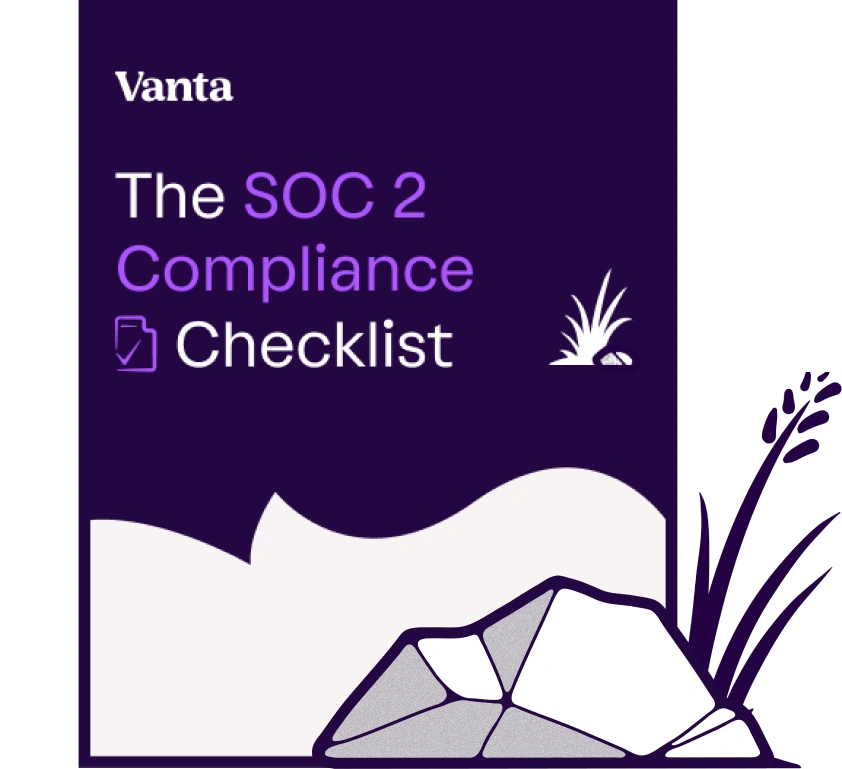
What is a vendor management policy?
A vendor management policy is an important component of an organization’s larger compliance risk management strategy. It is a best practice for any organization that works with sensitive data and customers’ personally identifiable information (PII) to develop a policy to review all vendors — each third-party, contractor, or associate with whom an organization does business — and to establish requirements for the level of information security that vendors should maintain. As an organization outsources to a wider ecosystem of vendors and partners, its risk increases.
A vendor management policy, developed and overseen by a cross-company team, will help an organization evaluate its current vendors according to level of risk, and to assess potential new vendors for adherence to appropriate cybersecurity practices. A successful vendor management policy will also establish processes for the continuous monitoring of third-party and fourth-party service providers to ensure their ongoing adherence to an appropriate level of security.
Organizations maintaining a vendor management policy may have a particular interest in working with vendors who meet security requirements such as SOC 2 compliance.











.png)
.png)

.png)


.png)
.svg)
.svg)


